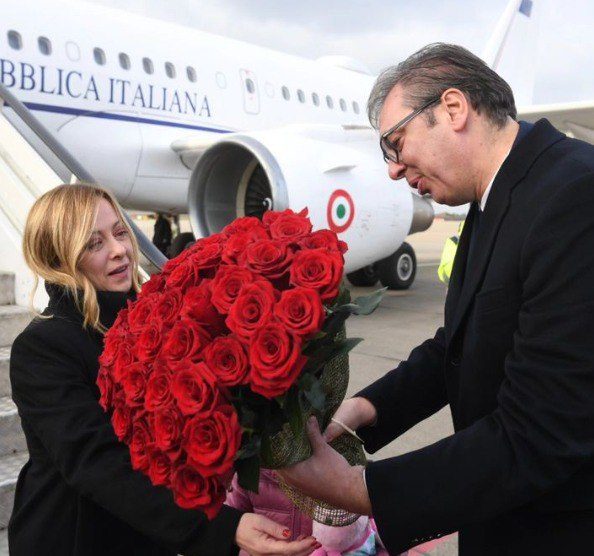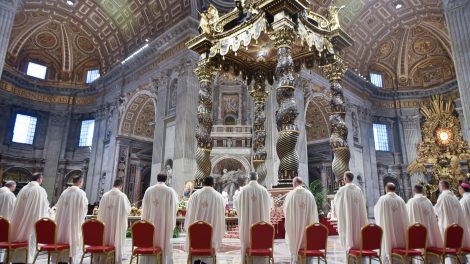Decoding the news. Meloni’s visit comes after a delayed intergovernmental summit and signals renewed commitment to the Balkans.
- Italy is positioning itself as a regional pivot — akin to its influence in Africa — leveraging longstanding ties and projects like the Pan-European Corridor 10, linking Austria to Greece through Serbia.
What they’re saying. Meloni’s repeated reference to a “Balkan reunification” underscores a complex geopolitical puzzle.
- The region’s future will shape Brussels’ policies on energy infrastructure, migration flows along the Balkan route, and Italy’s role as a pivotal player in regional stability.
- This is happening amid broader crises in Gaza and Kyiv, plus unresolved tensions between Serbia and Kosovo.
- The trip, postponed from January due to Serbia’s political turmoil, is a clear sign Rome wants to reignite a constructive dialogue.
The big picture. Meloni and Vučić and continue to shape a growing bilateral agenda. Beyond a strong personal rapport between leaders, Italy and Serbia are developing a strategic dialogue. Serbia is critical for several reasons:
- Its progress on reforms aligns with EU values.
- It can help anchor neighboring countries to European defense frameworks.
- It offers economic opportunities to deepen commercial ties.
- It is key to stemming illegal migration along the Balkans corridor.
What we’re watching. Rome’s diplomatic efforts emphasize EU enlargement and seek to counterbalance China and Russia’s rising influence in the Western Balkans. This is especially relevant in NATO terms, where stabilizing conflict zones like Kosovo remains a top priority.
- Serbia’s recent accession to the SEPA (Single Euro Payments Area) represents a tangible breakthrough and an essential step in the EU’s broader Western Balkans growth strategy.
- Infrastructure cooperation is key: Italy and Serbia are linked by the Pan-European Corridor 10, a critical route connecting Austria to the Greek port of Thessaloniki.
- Energy is another pressing concern. Serbia’s energy supply is strained, especially after U.S. sanctions hit Naftna Industrija Srbije (NIS), the country’s leading oil and gas company majority-owned by Russian entities Gazprom and Gazprom Neft.
- Since 2022, ARERA (the Italian Energy Regulator) has launched the Balkan Energy School (BES) to foster knowledge exchange in the energy sector, signaling Rome’s intent to support sustainable energy transitions across the Balkans.





